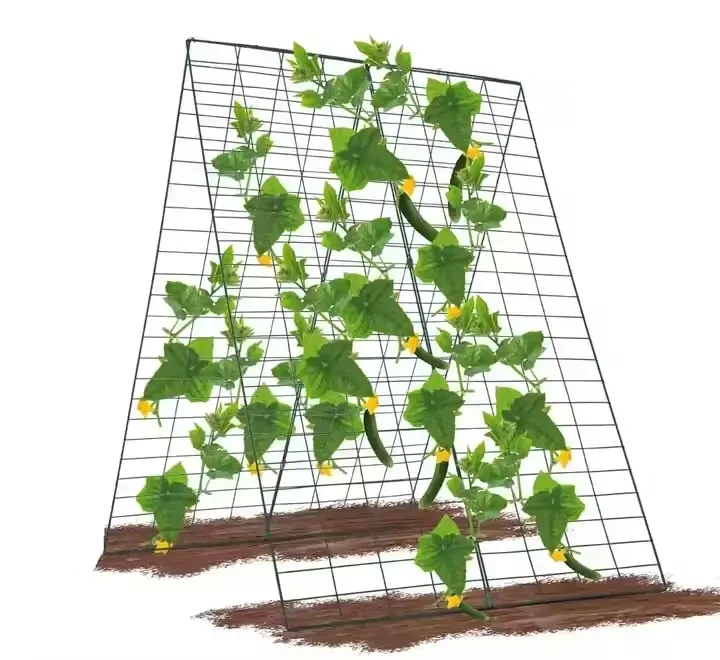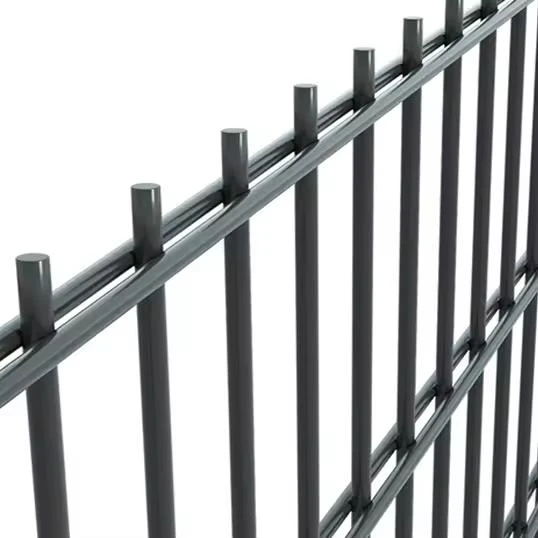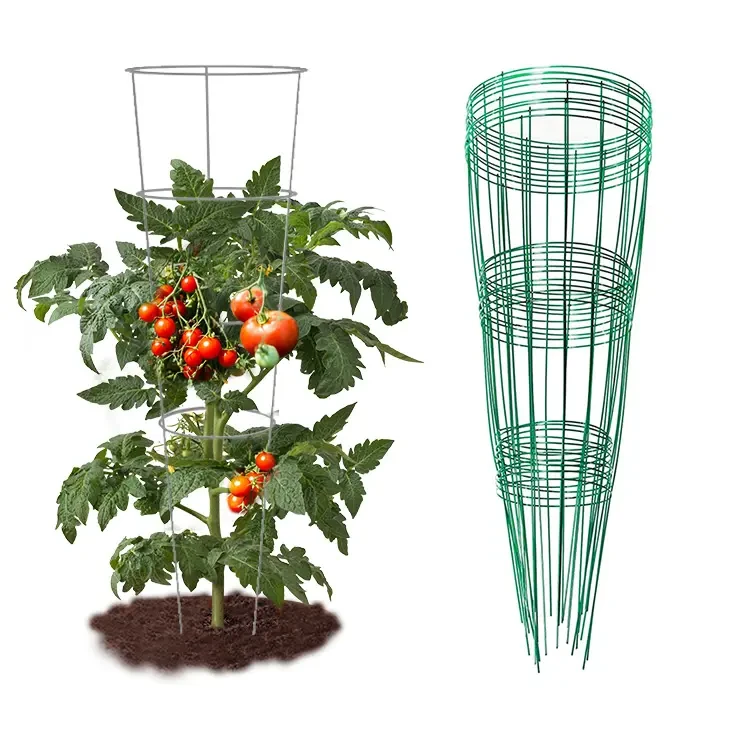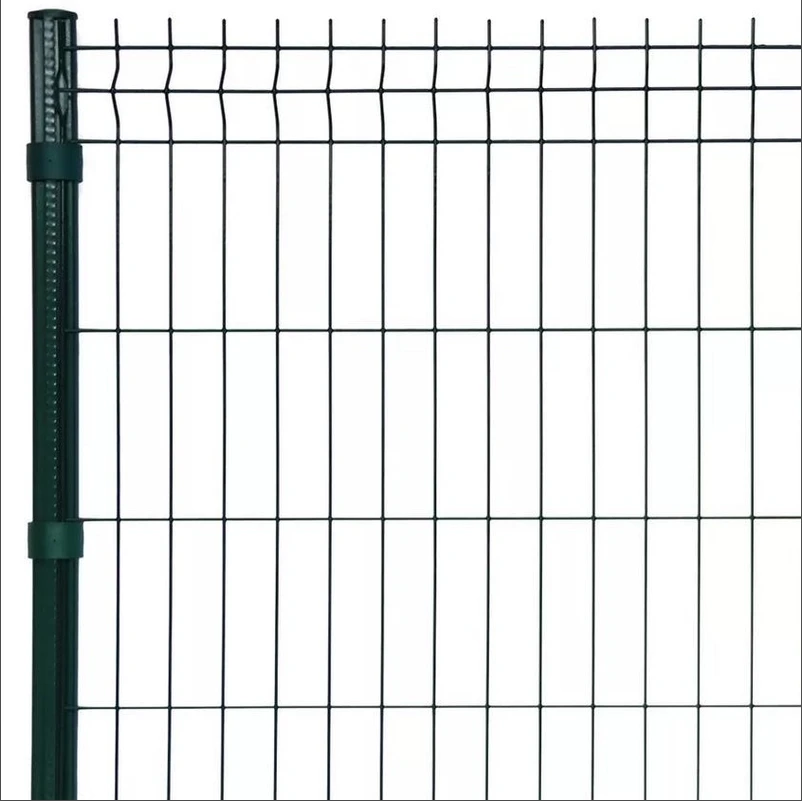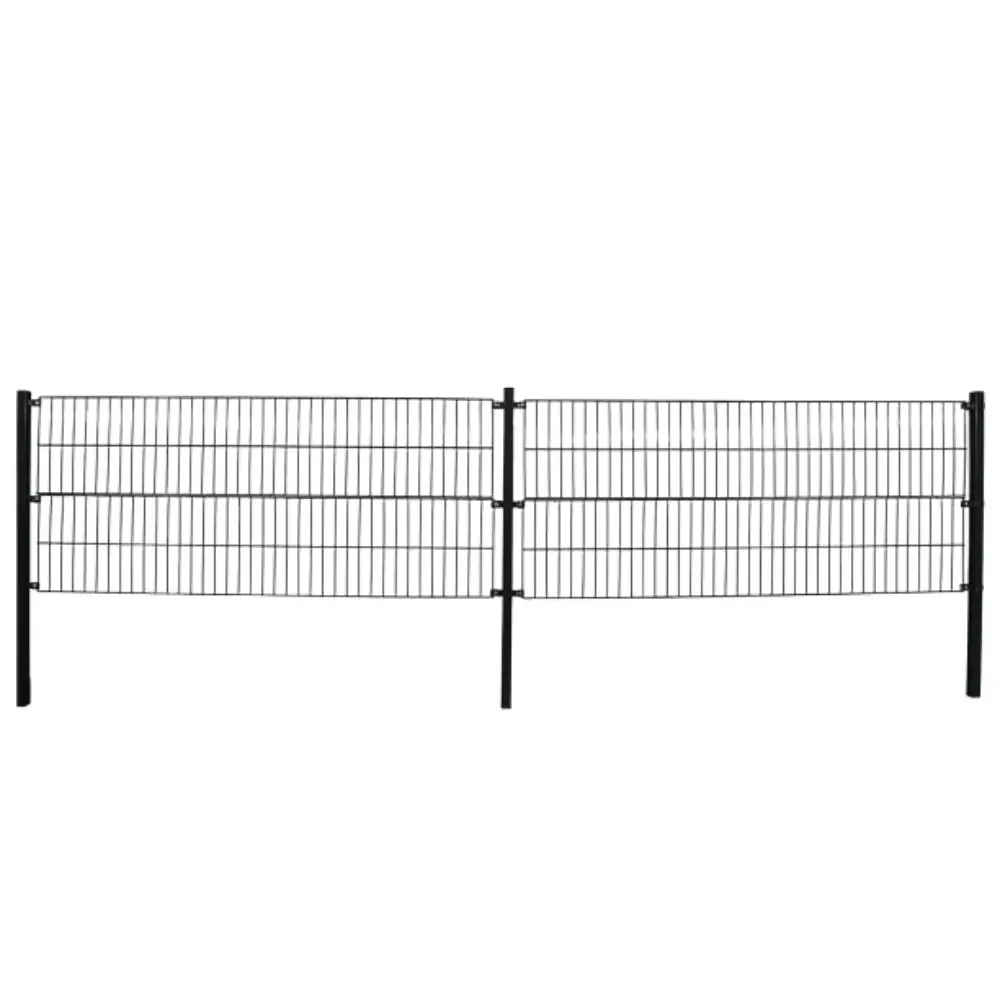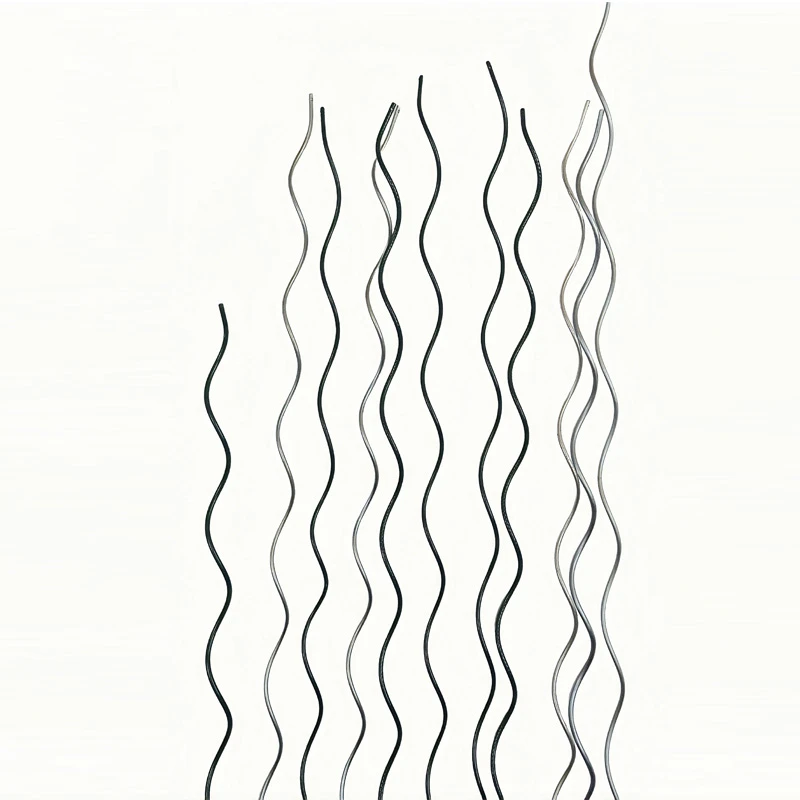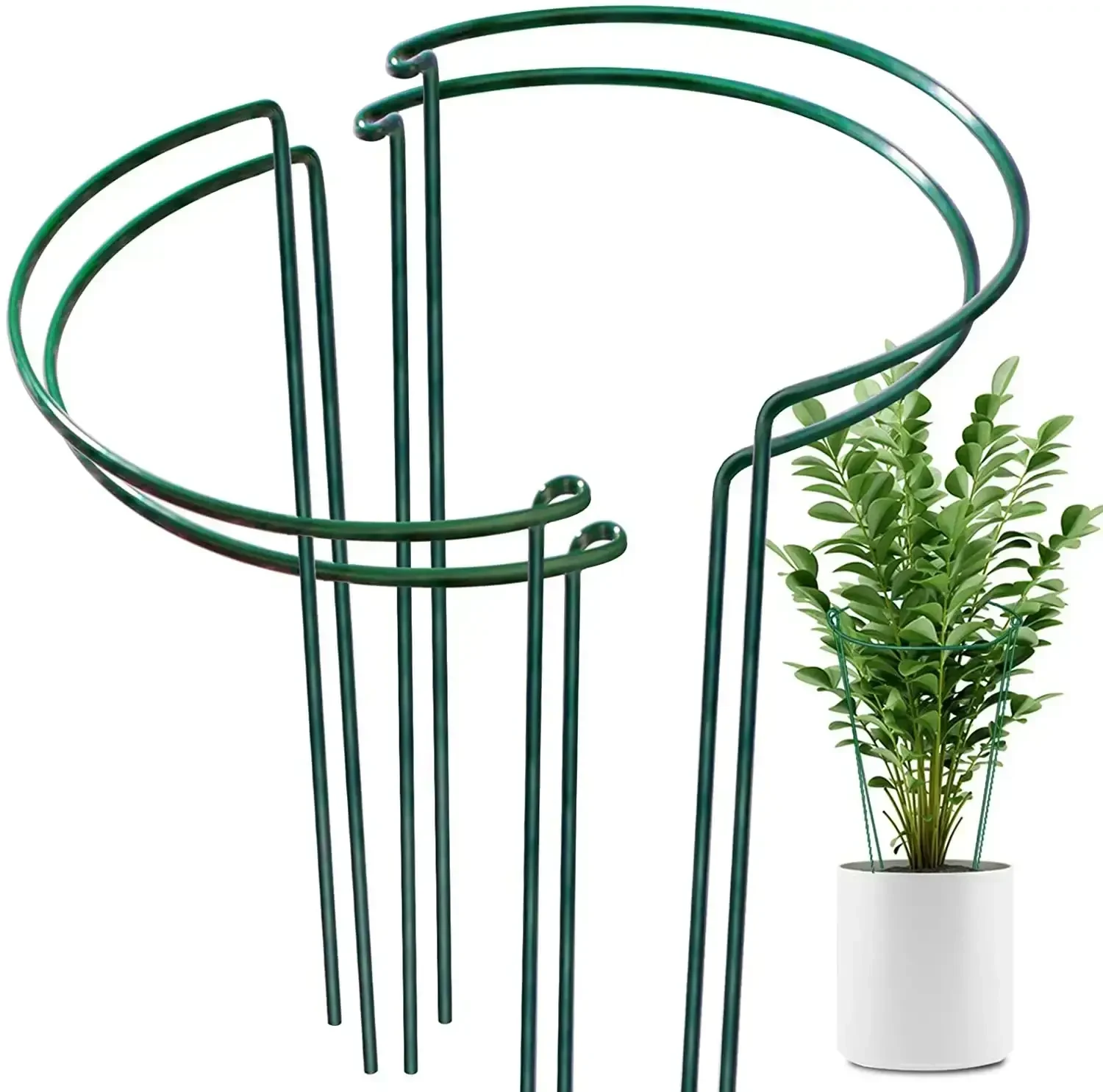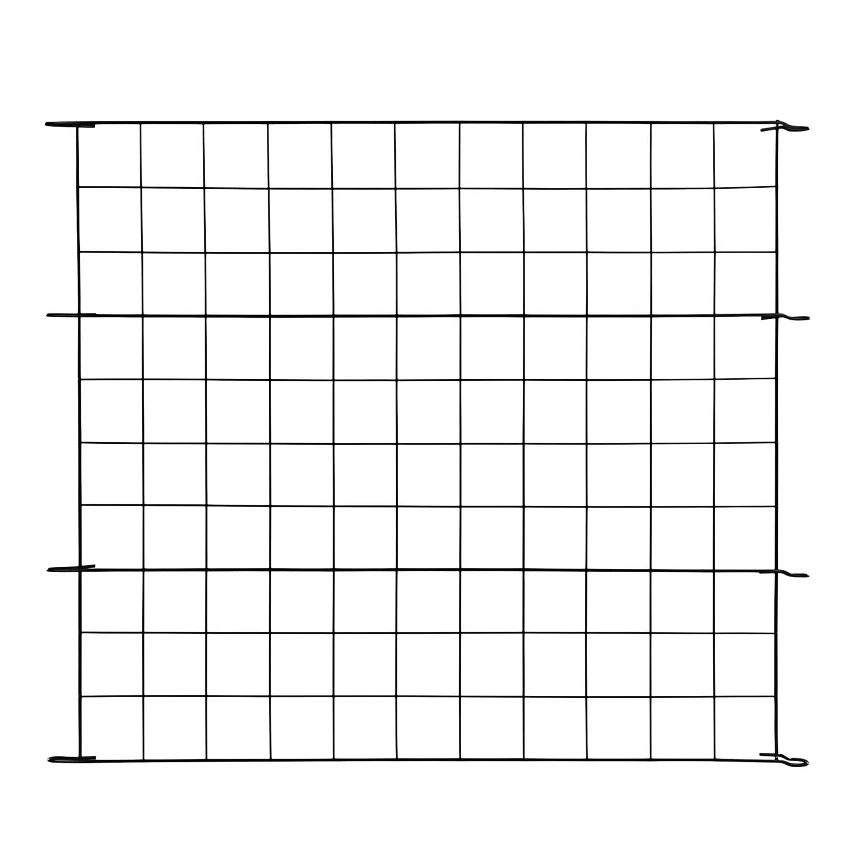-

-
 Whatsapp:+86 17732187393
Whatsapp:+86 17732187393 -


- Afrikaans
- Albanian
- Amharic
- Arabic
- Armenian
- Azerbaijani
- Basque
- Belarusian
- Bengali
- Bosnian
- Bulgarian
- Catalan
- Cebuano
- Corsican
- Croatian
- Czech
- Danish
- Dutch
- English
- Esperanto
- Estonian
- Finnish
- French
- Frisian
- Galician
- Georgian
- German
- Greek
- Gujarati
- haitian_creole
- hausa
- hawaiian
- Hebrew
- Hindi
- Miao
- Hungarian
- Icelandic
- igbo
- Indonesian
- irish
- Italian
- Japanese
- Javanese
- Kannada
- kazakh
- Khmer
- Rwandese
- Korean
- Kurdish
- Kyrgyz
- Lao
- Latin
- Latvian
- Lithuanian
- Luxembourgish
- Macedonian
- Malgashi
- Malay
- Malayalam
- Maltese
- Maori
- Marathi
- Mongolian
- Myanmar
- Nepali
- Norwegian
- Norwegian
- Occitan
- Pashto
- Persian
- Polish
- Portuguese
- Punjabi
- Romanian
- Russian
- Samoan
- scottish-gaelic
- Serbian
- Sesotho
- Shona
- Sindhi
- Sinhala
- Slovak
- Slovenian
- Somali
- Spanish
- Sundanese
- Swahili
- Swedish
- Tagalog
- Tajik
- Tamil
- Tatar
- Telugu
- Thai
- Turkish
- Turkmen
- Ukrainian
- Urdu
- Uighur
- Uzbek
- Vietnamese
- Welsh
- Bantu
- Yiddish
- Yoruba
- Zulu
Durable Raised Flower Box with Corrugated Metal Elevated Planter Box
- Introduction to the growing raised garden movement
- Market data: Consumer demand statistics for outdoor products
- Technical advantages over competing solutions
- Manufacturer comparison table by specifications
- Customization possibilities for specific applications
- Real-world implementation scenarios
- Future outlook for raised garden systems
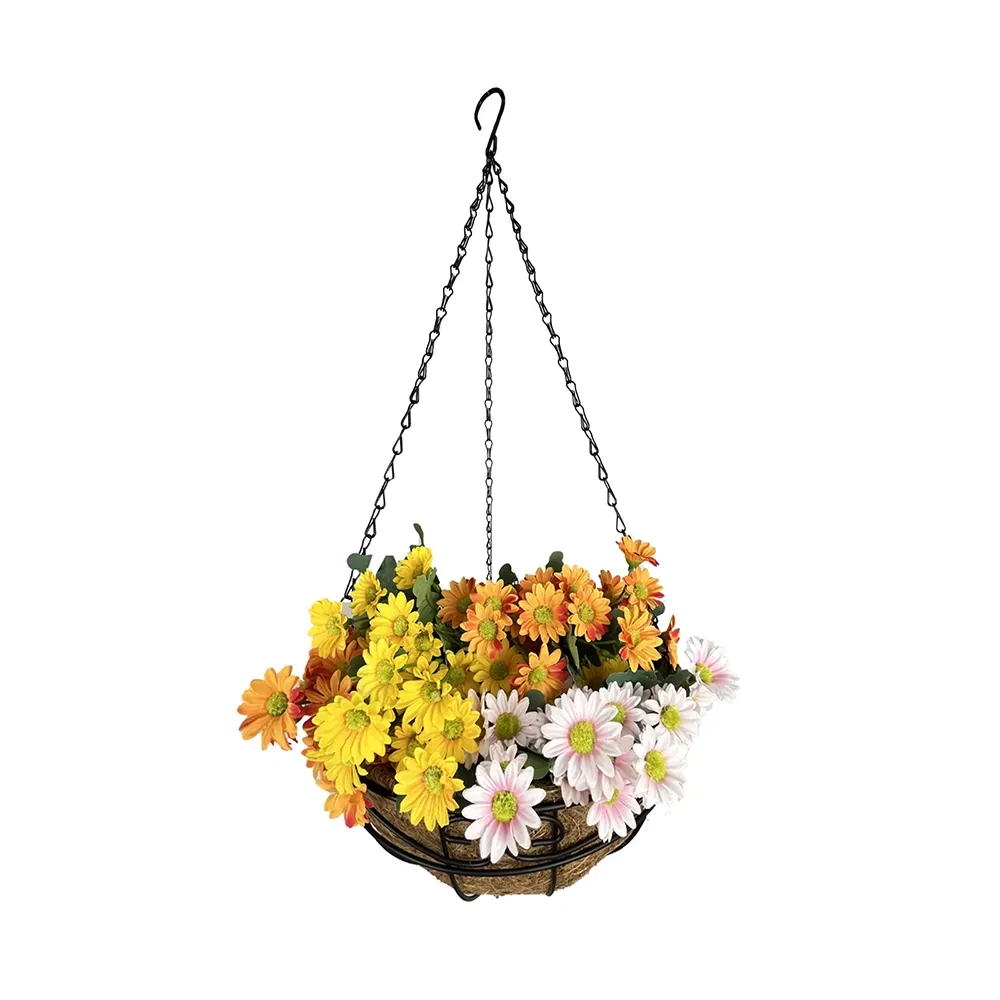
(raised flower box)
The Growing Popularity of Raised Flower Box Systems
Modern gardeners increasingly embrace raised gardening solutions for practical and aesthetic reasons. These elevated planting systems offer significant advantages over traditional in-ground beds, particularly when incorporating durable materials like corrugated metal. Homeowners value the design flexibility and ergonomic benefits that raised planters provide - eliminating bending strain while enabling creative garden layouts impossible with conventional methods. With 72% of urban gardeners now using some form of elevated planting system according to GreenSpace Research, manufacturers have responded with specialized solutions.
Consumer Demand Statistics: Market Trends
Industry sales data reveals consistent growth in elevated gardening systems over the past five years:
| Product Category | Annual Growth Rate | Market Adoption Rate |
|---|---|---|
| Raised Flower Boxes | 18.3% | 34% of gardeners |
| Planters w/ Corrugated Metal | 26.7% | 17% of homeowners |
| Mail Box Post Spikes | 9.1% | 28% of rural households |
Market analysis from GardenTech Insights shows homeowners increasingly favor combination units integrating both ornamental and functional elements, particularly the raised planter box with corrugated metal sides which increased sales volume by 42% last season.
Engineering Advantages Over Traditional Solutions
Premium raised garden systems incorporate several technical innovations enhancing performance. Galvanized steel cores with powder-coated finishes provide structural integrity against soil pressure while preventing corrosion - a critical failure point in cheaper alternatives. Advanced drainage designs feature perforated internal membranes combined with gravel reservoirs, outperforming standard bed drainage by 65% in controlled studies at the University of Horticulture.
Installation improvements represent another breakthrough, particularly for mail box post spike integration. The latest galvanized steel spikes feature helix designs that increase pull-out resistance by 300% compared to standard models. Gardeners praise these engineering solutions: "After replacing our wooden beds with a raised flower box
system featuring integrated irrigation channels, maintenance time decreased by 70% while plant vitality noticeably improved."
Manufacturer Specification Comparison
Product capability varies considerably between leading manufacturers, affecting longevity and performance:
| Feature | GardenMaster Pro | TerraCast Solutions | Standard Units |
|---|---|---|---|
| Metal Gauge Thickness | 14-gauge steel | 18-gauge steel | 22-gauge steel |
| Corrosion Resistance | 1,200+ hours salt test | 800 hours salt test | 300 hours salt test |
| Assembly Time | 22 minutes (tool-free) | 45 minutes | 90+ minutes |
| Load Capacity | 550 lbs per linear foot | 400 lbs per linear foot | 250 lbs per linear foot |
Industry testing confirms premium raised planter box with corrugated metal construction lasts 3-4x longer than wooden alternatives under identical conditions.
Customization Options For Specific Applications
Leading manufacturers now provide extensive modification programs for specialized installations. Dimensional flexibility represents the most requested adaptation, with systems available from compact 18-inch balcony units extending to commercial-grade 8-foot agricultural configurations. Gardeners particularly appreciate modular designs enabling L-shaped configurations around architectural features.
Specialized applications drive several customization trends:
- Wheelchair-Accessible Units: Height-adjustable systems (24"-36" range) with extended apron designs
- Integrated Support Systems: Reinforcement sleeves for mail box post spike integration in multi-function units
- Climate-Specific Finishes: Coastal zinc-aluminum alloys versus powder-coated options for arid regions
- Commercial-Grade Drainage: High-flow systems handling up to 50 gallons/hour drainage capacity
The raised flower box concept has evolved beyond basic container gardening into tailored horticultural systems, especially when incorporating structural elements like corrugated metal reinforcement.
Implementation Success Stories
Several commercial installations demonstrate the effectiveness of integrated solutions:
Urban Restaurant Chain: Downtown location installed 32 linear feet of raised planters with corrugated metal siding incorporating dual-purpose end caps functioning as support bases for promotional signage. Yield monitoring showed 27% higher herb production versus previous container gardening approaches.
Estate Mailbox Installation: Property owners combined custom powder-coated planters with heavy-duty mail box post spike foundations capable of resisting 75 mph wind loads. The integrated solution eliminated previous maintenance issues while anchoring decorative elements to match estate fencing.
Municipal Streetscape Project: Commercial corridor deployed 85 modular units with reinforced bases securing public information kiosks. The corrugated metal construction survived five winters with zero maintenance interventions compared to annual repairs previously required for cedar alternatives.
Elevating Outdoor Spaces With Raised Flower Box Systems
The lasting value of elevated gardening solutions continues driving consumer adoption. Market projections indicate particularly strong growth for combination units merging functionality with aesthetic versatility, especially hybrid designs featuring integrated metal construction. As urban gardening expands, the raised flower box has transitioned from luxury addition to essential infrastructure.
Technical refinements will further enhance these systems - particularly drainage innovations and corrosion-resistant alloys developed specifically for horticultural applications. The raised planter box with corrugated metal elements represents a permanent solution for contemporary landscapes, outperforming alternatives while reducing long-term maintenance burdens.
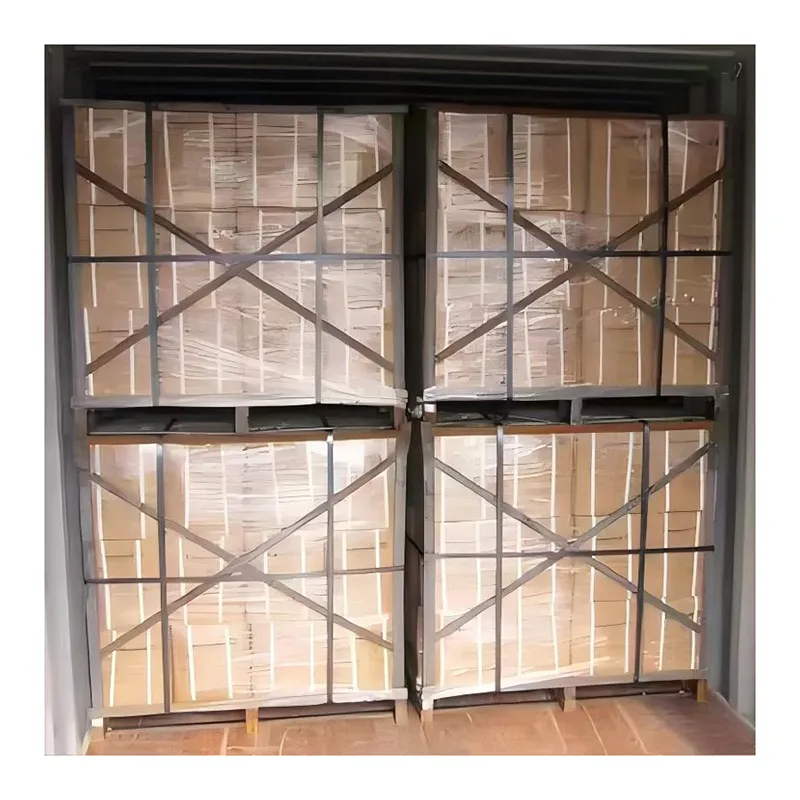
(raised flower box)
FAQS on raised flower box
Q: What materials are best for a raised flower box?
A: Cedar, redwood, or composite lumber are ideal for durability and rot resistance. Avoid chemically treated woods if growing edible plants. Line the interior with landscape fabric to protect against moisture.
Q: How do I attach corrugated metal to a raised planter box?
A: Use self-tapping screws with rubber washers to secure metal panels to a wooden frame. Leave small gaps between sheets for expansion. Always wear gloves to avoid sharp edges during installation.
Q: Can a mailbox post spike support a raised flower box?
A: Yes, choose heavy-duty galvanized spikes rated for outdoor weight. Drive the spike 18-24" deep into soil for stability. Pair with lightweight planters to prevent leaning.
Q: How deep should a raised flower box be for perennials?
A: Aim for 12-18" depth to accommodate root systems. Use 6-8" of gravel at the base for drainage. Layer quality potting mix and compost for optimal growth.
Q: Can corrugated metal planter boxes rust outdoors?
A: Galvanized or powder-coated metals resist rust effectively. Apply protective sealant annually to edges and joints. Avoid letting soil pile against metal surfaces to prevent corrosion.
-
Hot Selling Metal Garden Arch for Climbing Plants - Outdoor & BackyardNewsAug.31,2025
-
Golden Circle Round Balloon Arch Frame Kit - Backdrop & Garden ArchNewsAug.30,2025
-
Circular Plant Supports: Sturdy Iron & Half-Circle DesignsNewsAug.29,2025
-
Durable PVC Coated Wire Mesh for Sale | Factory Direct PricesNewsAug.28,2025
-
Coated Chicken Wire for Sale - Durable & Rust-Resistant PVC MeshNewsAug.27,2025
-
Stylish Wooden Dog Crates For Sale - Furniture-Quality & SecureNewsAug.26,2025
